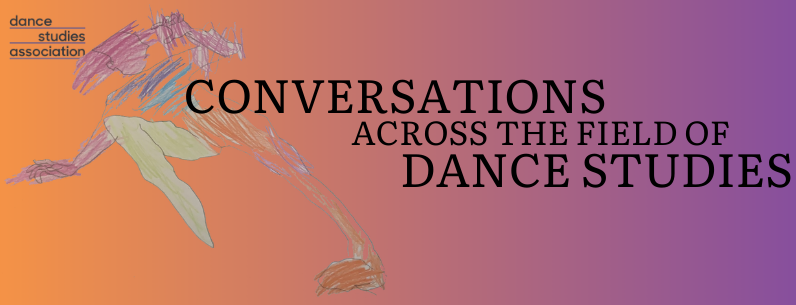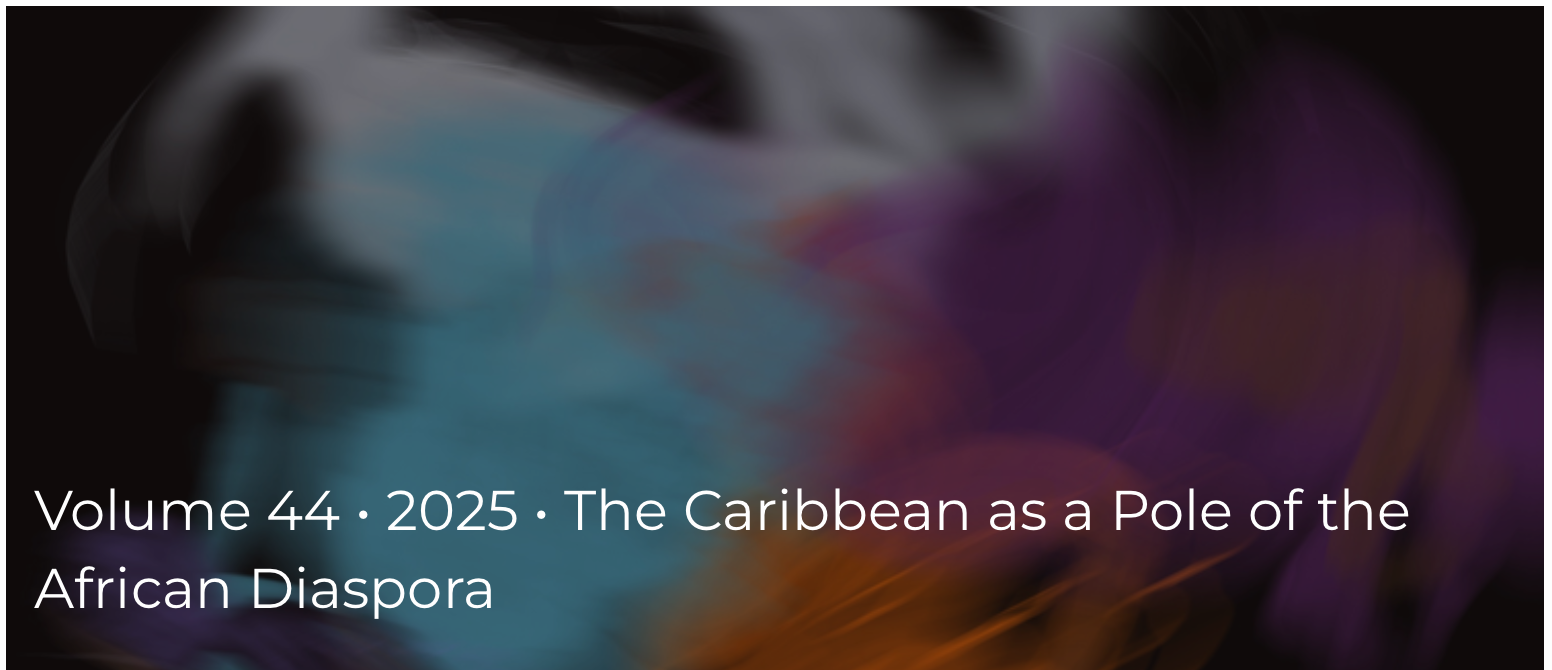Conversations Across the Field of Dance Studies
Conversations Across the Field of Dance Studies is an annual publication of Dance Studies Association dedicated to current themes and debates in the field of dance studies. Each issue is edited by (a) different guest editor(s) and is published online in an open access format. As such, Conversations is a venue in which scholars, artists, and educators of dance and related disciplines can respond quickly and publicly to current events and pressing issues as identified by members of an international dance studies community. Conversations has published annual issues from 2007-present. Prior to 2007, the Society for Dance History Scholars (SDHS) newsletter served as a similar platform for publication. Conversations is a completely open-access journal. Read entire issues on the e-platform. Conversations Submissions, Calls, and Other Opportunities
The Conversations e-platform also hosts a Talk-Back/Letters from the Editors section and a quick response Chat. Guidelines for Chat Submissions Guidelines for Talk Back/Letters to the Editor 2025 Issue (press release announcement)The Caribbean as a Pole of the African Diaspora This issue, titled The Caribbean as a Pole of the African Diaspora, centers Ayiti (Haiti) as a locus for rethinking the entangled genealogies of African and Caribbean rhythms, dances, spiritualities, and identities. Curated by guest editors Emilie Jabouin and Karla Etienne, both Afro-descendant francophone women raised in Haitian households in Canada, the volume explores how dance acts as an embodied archive of belonging, resistance, and interconnection across the Black Atlantic. The editors frame this issue as a dialogue between the Caribbean and Africa—not as a one-directional flow from Africa to the Caribbean, but as a network of ongoing, reciprocal exchanges of rhythm, ritual, and philosophy. The collection draws together artists, scholars, and practitioners whose works trace how African aesthetics, cosmologies, and embodied practices persist, transform, and regenerate through Caribbean dance forms such as yanvalou, limbo, kokobalé, kumina, and in carnival. These dances articulate histories of displacement and liberation while foregrounding the drum, the body, and spirituality as central to life, memory, and revolution. Cover image credit: Myrtle Henry Sodhi (AfroQuill), A Movement Across Time, November 2025 Cover image description: This digital image captures the idea of Ubuntu as expressed through dance and movement. Being through and with others is a movement across time. Steps, twists, folds, and reaches are echoed from the past, expressed in the present, and reverberate into the future. Dance is a way to feel together--through each other. This does not mean we disappear into each other but rather we appear through and with each other. Chats Vol.4: Black Men and Dance Now Live!In the wake of the 2024 Presidential election and the dismantling of DEI initiatives that have long supported Black studies and affinity spaces, alongside enduring and newly emerging debates about Black masculinity and the Black male body, this issue of Chats turns its attention to Black men in dance as a vital site of inquiry, memory, and inheritance. What new histories of Black men in dance emerge when we center the voices of those working in K–12 classrooms, community spaces, and the academy? How might Black men’s movement practices and artistic labor complicate the narrow scripts of visibility, stoicism, and spectacle imposed upon them—from boyhood to manhood, from student to professional? And how do these practices invite us to rethink the very terms through which Black men in dance are studied, remembered, and carried forward?
Arushi Singh, Editor
|

